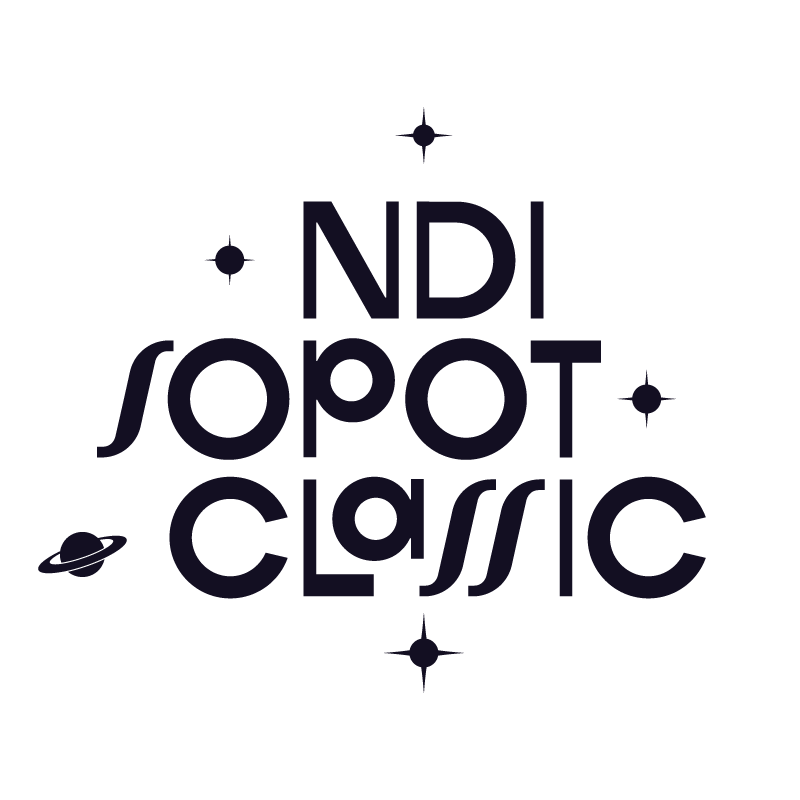Harpsichordist and teacher. By passion and profession associated primarily with early opera and the 17th and 18th-century vocal and instrumental music. Ever since his student days, he has been fascinated with opera and developed his interest in vocal music thanks to the cooperation with leading Polish vocalists – Olga Pasiecznik, Anna Radziejewska, Jadwiga Rappé and Artur Stefanowicz. He took his first steps in conducting ensembles with the period instruments orchestra, Gradus ad Parnassum, which he established and with whom he staged many opera productions, including: Giovanni Battista Pergolesi’s La Serva Padrona , Claudio Monteverdi’s Il Coronazione di Poppea and George Frideric Handel’s Aci, Galatea e Polifemo. As a founding member of Dramma per Musica association, he takes active part in annual editions of the Festival of Baroque Operas in Warsaw.
He obtained the doctoral degree from the Chopin University of Music in 2018, and has been working there as lecturer at the Department of Organ and Harpsichord. Under the tutelage of Alina Ratkowska and Leszek Kędracki, he had also graduated in organ. He obtained a post-graduate degree with Andrei Marcon at the Schola Cantorum Basiliensis (Switzerland) and is also a grant holder of Erasmus-Socrates programme, under which he completed a six-month study with Eva Maria Polerus and Michael Hell at the Universität für Musik und Darstellende Kunst Graz (Austria). He completed master courses run by Jesper Christensen, Marieke Spaans and Nicholas Parle.
He has often received harpsichord competition awards, including Ogólnopolski Akademicki Konkurs Klawesynowy in Poznań (2009, 1st place), Prazskie Jaro, (2017, distinction), and 27. Paola Bernardi International Harpsichord Competition in Bologna (2017, 3rd place).
In 2018, he took up the position of music director of the Period Instruments Ensemble of the Polish Royal Opera Capella Regia Polona. Together, they gave a series of opera performances (George Frideric Handel’s Rodelinda , Claudio Monteverdi’s L’Orfeo , Alessandro Scarlatti’s Scene Buffe, and Henry Purcell’s Dido and Aeneas) and a number of cantata, oratorio and instrumental concerts.



